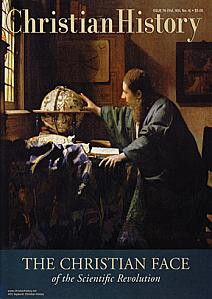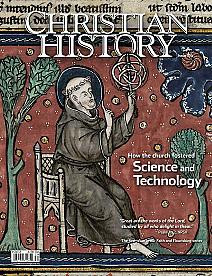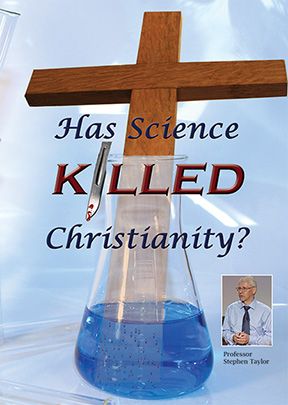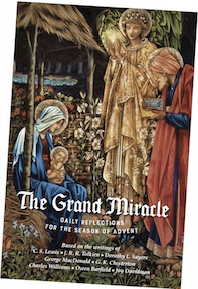Christian Thinkers Formed the Royal Society to Promote Science
ON THIS DAY, 28 NOVEMBER 1660, a group of English thinkers gathered at Gresham College, London, to hear a lecture by the polymath Christopher Wren. Wren was an astronomer, anatomist, geometer, experimenter, meteorologist, and surveyor. He would later design and build St. Paul’s cathedral and remark, “Architecture aims at Eternity.”
After the lecture, the men discussed science. They were already well-acquainted with each other, having often met together as an “invisible college” for about a decade. Theodore Haak, a professor at the largely Puritan Gresham College, had initiated those meetings. Now the “invisibles” determined to create a society to meet weekly to witness scientific experiments. They would not be known as the Royal Society until a year later, when King Charles II gave them a charter.
The Royal Society was the first scientific society known to history and several of its most notable members were devout Christians. The real driver behind the society was John Wilkins, who later became an Anglican bishop. Among the founding members were Christopher Wren, a man of solid religious convictions, John Willis, a staunch Church of England man, and Robert Boyle, well known for his faith and faith-based charities. Boyle had begun to study science to relieve the tension he saw between the natural philosophy of his day and his faith. He reasoned, “If the omniscient author of nature knew that the study of his works tends to make men disbelieve his Being or Attributes, he would not have given them so many invitations to study and contemplate Nature.”
The society took as its motto: “Nothing by mere authority.” It would be the world’s most prestigious scientific organization for decades. Its journal established the practices of scientific priority and peer review, all while guided by men of both faith and scientific acumen.
—Dan Graves
-------------
For more on the relationship of science and Christianity, read Christian History #76, The Christian Face of the Scientific Revolution
Christian History #134, How the church fostered science and technology
and purchase Has science killed Christianity? at Vision Video
Contemplate the story of the Incarnation day-by-day throughout the season of Advent in our latest publication, The Grand Miracle. Based on the writings of C. S. Lewis, J.R.R. Tolkien, George MacDonald, Dorothy Sayers, and others, each day’s reading offers a fresh look at the birth of Christ through the eyes of a modern author. Scripture, prayer, and full-page contemplative images complete each entry. 28 days, 64 pages. Preview the Devotional here.









